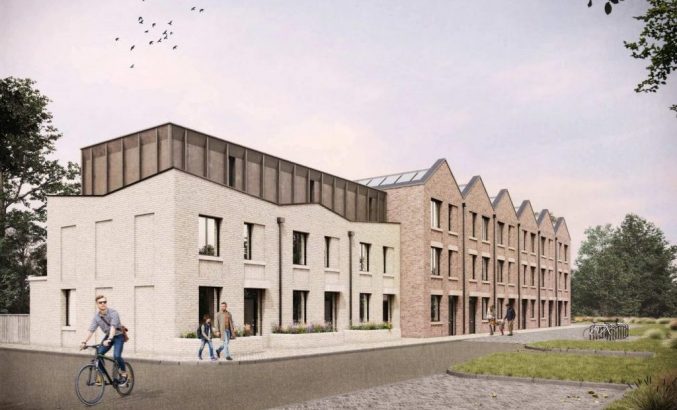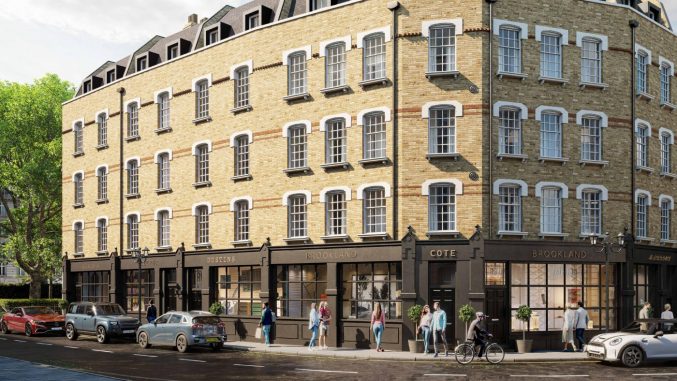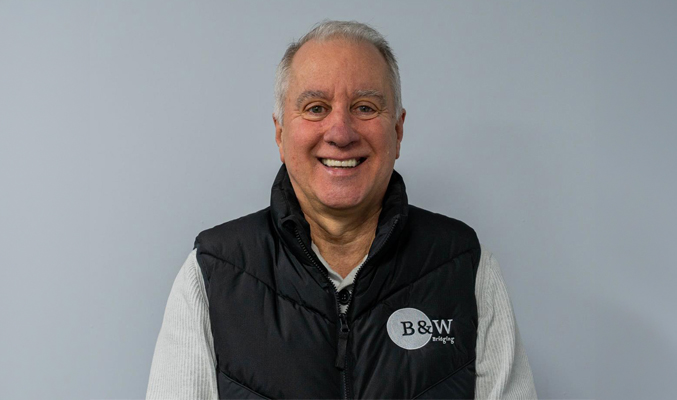Avoid these 7 common pitfalls to be successful in property development
By Helen Jackson

Despite the pandemic, the property market generated over £68.1 billion in 2020. It’s a market that’s thriving and attracts new property developers and landlords every year. But it’s a volatile industry if you don’t take the correct measures.
So if you’re brand new to property development and you’re looking for some guidance, this article could be what you need.
We spoke with Eli Korman, head of development finance and CIO at TAB, who specialise in bridging loans and property development finance. Eli shares his expert opinion on the pitfalls you need to be conscious of in order to find success as a property developer.
Let’s dive in!
Pitfall #1 — Research the location thoroughly
It’s a given, but you need to adequately research the area of the site or building that you’re considering purchasing. The more you know, the better — there’s never enough information you can collect about a site.
For example, planning may have previously been sought and rejected, which means it could be more challenging to achieve the planning you expect. It’s reasons like this that you need to do thorough research.
Let’s say you’ve found an appropriate location; you then need to make sure you find a suitable property — ask yourself, is the product appropriate for the area you’ve settled on?
Pitfall #2 — Buy at the right price
Sounds obvious, but don’t overpay. Too often, an incorrectly priced property, i.e. paying over the property’s value can become the downfall of a developer.
When running the initial appraisal, be realistic when calculating construction and development costs and don’t be overly optimistic about the sales. The price you pay for the site will depend on these factors, and getting them wrong can have disastrous effects, says Eli.
Pitfall #3 — Beware of what you can’t see
Always be aware of hidden issues. If you’re planning to dig a basement, you need to be aware that an unknown additional cost is unlikely to be covered by a Joint Contracts Tribunal (JCT).
“I once came across an old, reinforced concrete second world war bunker that was only discovered five metres underground. It was missed in the ground survey, so we had to foot the bill”, says Eli.
Pitfall #4 — Make sure you have a contingency plan
It doesn’t matter how prepared you think you are or how experienced you are — there’s always something outside of your control. Just look at the delays Covid and Brexit caused when procuring materials.
Unpredictable weather can cause unforeseen costs, so you need to ensure you have a sufficient contingency for these surprise scenarios. What should your contingency look like? This should be at least 10% for ground-up or larger developments, says Eli. But lower for refurbishment or property development schemes.
Pitfall #5 — Don’t think utilities are straightforward
Utility installation can be the bane of a developer’s life; why? Because installing water, gas and electricity can absorb significant time and cost. We all that timescales on property development projects are never rigid, even if agreed or planned, so you need to factor that into your plans.
It’s important to negotiate efficiently with contractors to come to site and employ specific companies who can do the procurement on your behalf.
Pitfall #6 — The cost of time is always underestimated
We’ve just touched on time in the previous section, but it’s a point always worth hammering home. Construction projects almost always overrun — what can you do to avoid missing deadlines? It’s simple in theory, set realistic timeframes.
If you’re looking for a smoother property development journey, Eli recommends purchasing a vacant property over a tenanted one. Because although a tenanted one can create a source of income, you can come across a variety of stumbling blocks when it comes to removing tenants.
Pitfall #7 — Don’t become complacent with costs
Developers can become complacent, specifically when it comes to the financial cost of the development appraisal. Developers need to consider not just the bank or lender rates but additional costs such as arrangement and exit fees, and they should keep an eye on surveyor costs.
An extra finance tip from Eli passed onto him earlier in his development career, “View the funder as a minority partner, someone you’re working with rather than working against. I believe this to be hugely important, and this is what we try and apply at TAB.”
To sum up
Property development can be very rewarding financially, but as we all know, not everything stays within budget, timeframe or scope, so developers need to prepare for these scenarios as best they can. Cash flow and money management, in general, is crucial to the success of any development project.
We hope this blog has prepared you for your next opportunity (or maybe you’re very first!); learn more about how TAB can help you below.
More about TAB
TAB offers a variety of financial products to help support your property development project. From first and second charge bridging loans to refurbishment and development finance. Their flexible approach allows them to change products to reflect the clients’ needs.










You must be logged in to post a comment.